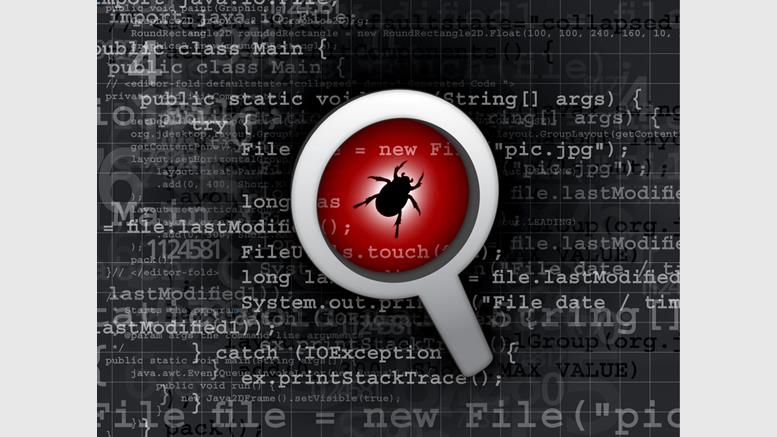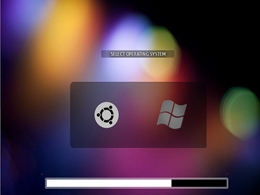
Bitcoin Address Blacklists Found in Gentoo Linux
Bitcoin Address Blacklists have been found in the Gentoo Linux bitcoind 0.9.3 distribution. The patch was deployed by Bitcoin developer Luke Dashjr (aka Luke-Jr), who maintains the Gentoo distribution. A bug report was posted to Gentoo's bug repository: net-p2p/bitcoind and net-p2p/bitcoin-qt enables ljr use flag by default, breaks bitcoin. The official bitcoind and bitcoin-qt in Gentoo enables patches which breaks Bitcoin by default. Please disable the ljr patches by default or preferably all together. Enabling the [ljr use flag] results in errors like these: 2014-10-05 11:38:09 ERROR:....
Related News
A raucous discussion has taken place during the last 24 hours at the Bitcoin subreddit surrounding Bitcoin developer Luke Dashjr (aka Luke-Jr), who maintains the Gentoo distribution. At issue? The use of "blacklisting" certain addresses that send meaninglessly small transactions, but still require confirmation and the resources so implied by default in bitcoind. Bitcoind is the headless version of the Bitcoin software which is used by nodes. Also read: A Simple Explanation of the Awesomeness of Bitcoin Sidechains. In October there was a similar episode: Bitcoin Address Blacklists were....
A row that broke out online this month has raised an important question about bitcoin: should people be allowed to code their own rules, and even opinions, into their own versions of the software that runs the network? The debate kicked off among users of Gentoo - a variant of the Linux operating system that prides itself on being highly configurable to suit different user requirements - when a user reported an issue on the Gentoo bug forum on 5th October. The version of bitcoind (the official reference client for interacting with the bitcoin network) distributed with Gentoo was blocking....
The new Trojan, Linux.Lady turns infected Linux servers running Redis NOSQL database into mining devices, reports a Russian cybersecurity firm. Linux machine users beware! There is a new Trojan in town that can turn your devices into cryptocurrency mining rigs without your knowledge. Discovered by the Russian cyber security firm Dr. Web, Linux.Lady (Linux.lady.1) is a Trojan built to target machines running on Linux operating system. The malicious software written in Go programming language is found to specifically affect servers running Redis NoSQL database. Once infected, Linux.Lady....
For many years, a lot of people assumed Linux was one of the most secure operating systems in the world. Due to its smaller market share, and completely different codebase from Windows, Linux has been rather safe from major virii and malware. However, there is one simple exploit that lets an assailant breach a Linux machine by pressing the backspace 28 times in a row. Two Spanish security researchers discovered this strange – and very unusual – Linux bug by tapping a specific key more than once in quick succession. Unlike in most cases where computers are involved, smashing the same button....
Unlike commercial operating systems such as Windows or Mac OS X, Linux stands alone because of its unique nature. One of the major benefits of using this OS is that it is open source, meaning that the underlying source code may be used, modified, and distributed as its users see fit. There are very specialized flavors of Linux such as Bedrock, which can utilize the benefits of various other Linux distributions. Then there are companies like SuSE that provide enterprise-grade Linux for those, mainly corporations, looking for a high degree of stability in server functionality. But why is it....





